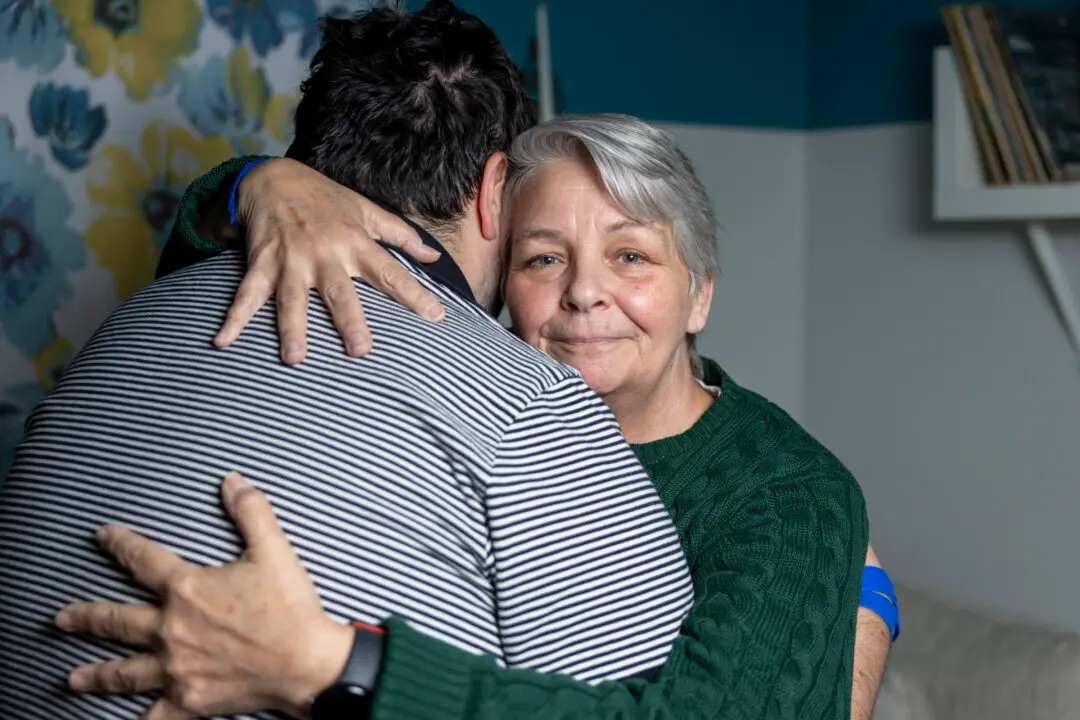By George Hunter
From The Detroit News
DETROIT—A man who was 16 years old when he gunned down a Detroit Tigers fan outside a downtown restaurant while thousands of people celebrated the team’s 1984 World Series win has been paroled after serving 35 years in prison despite racking up 184 violations, including allegations of sexual misconduct and assaulting staff.





